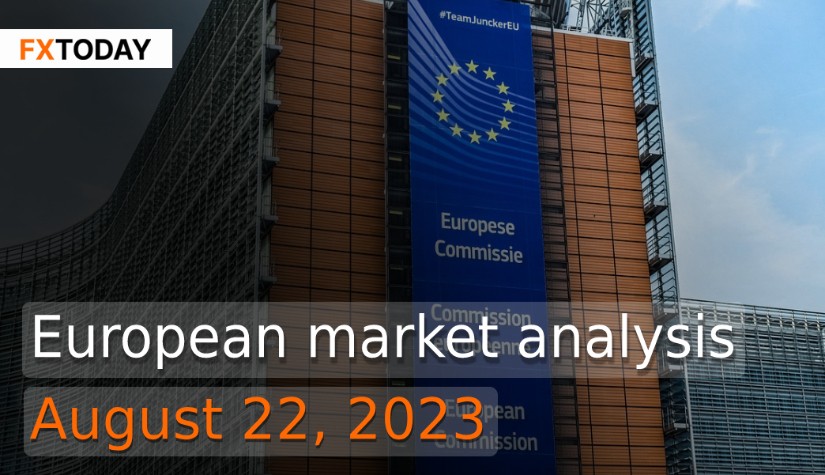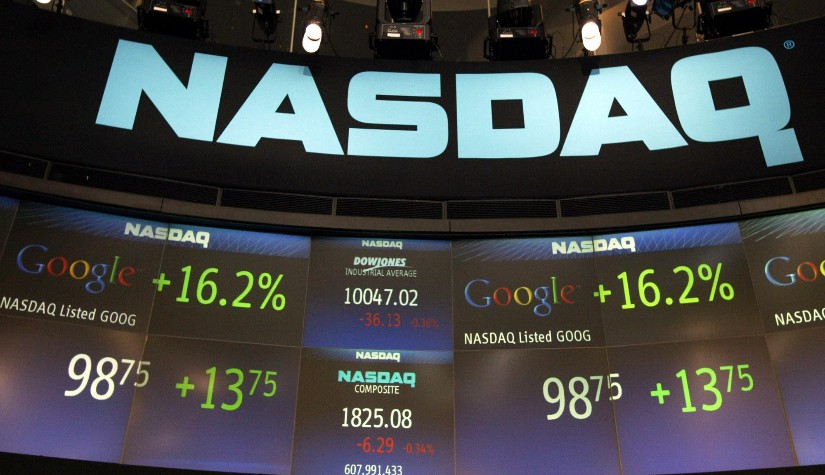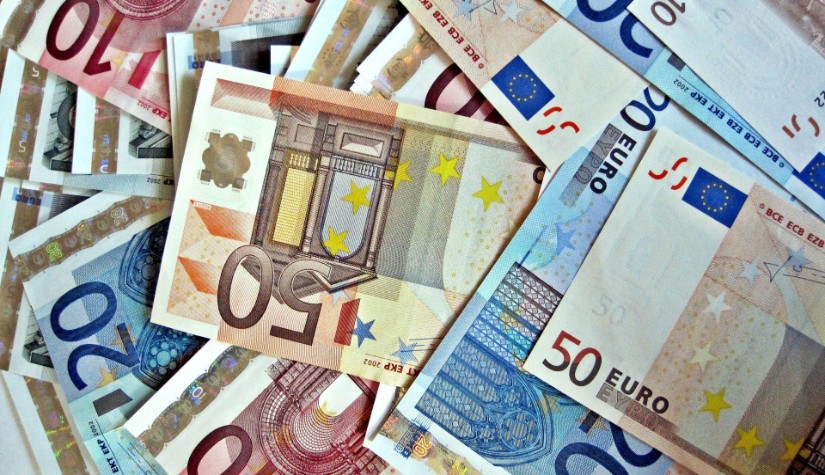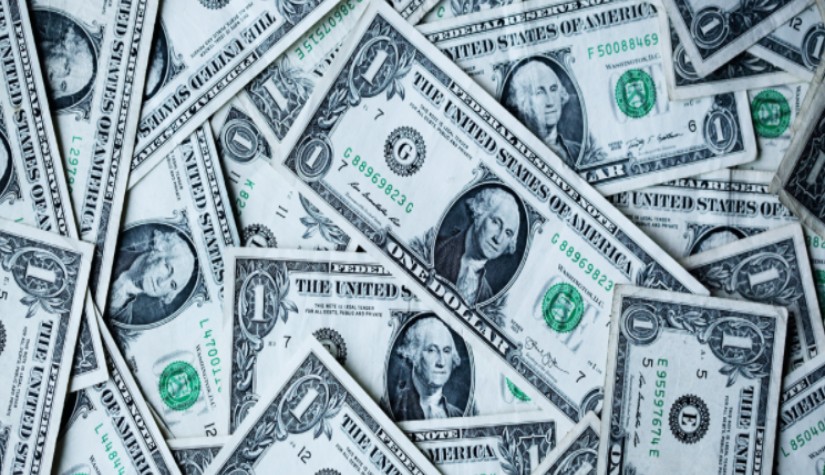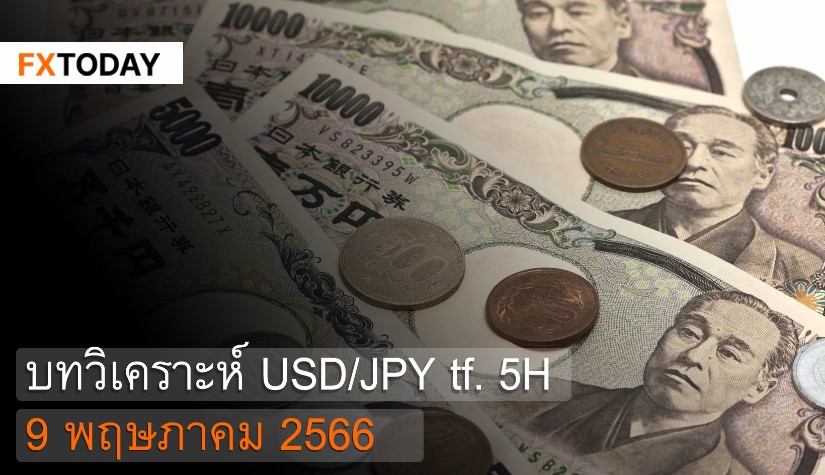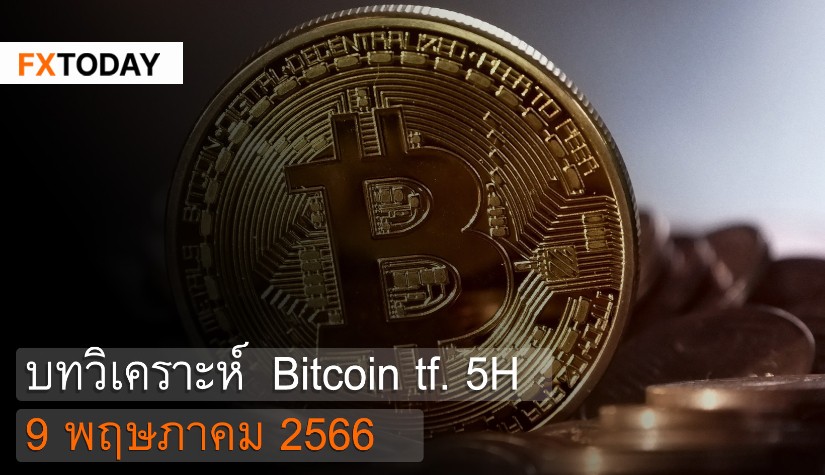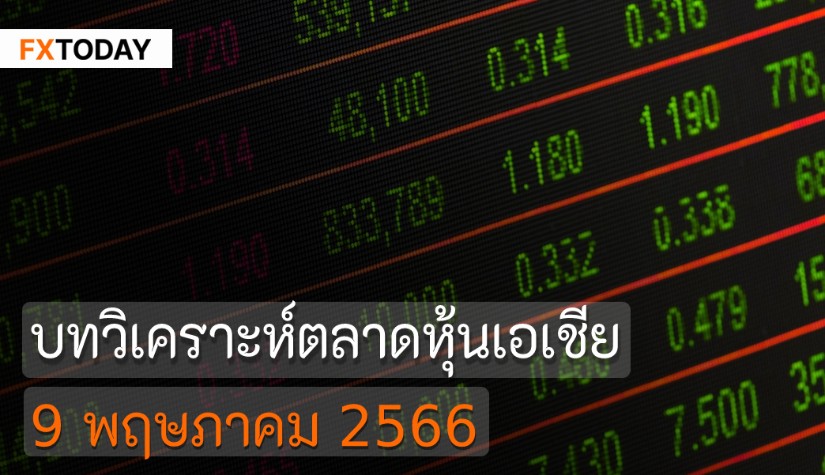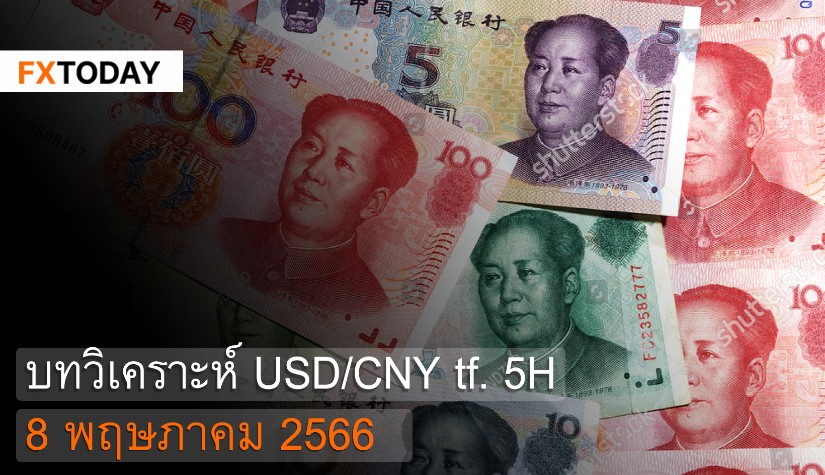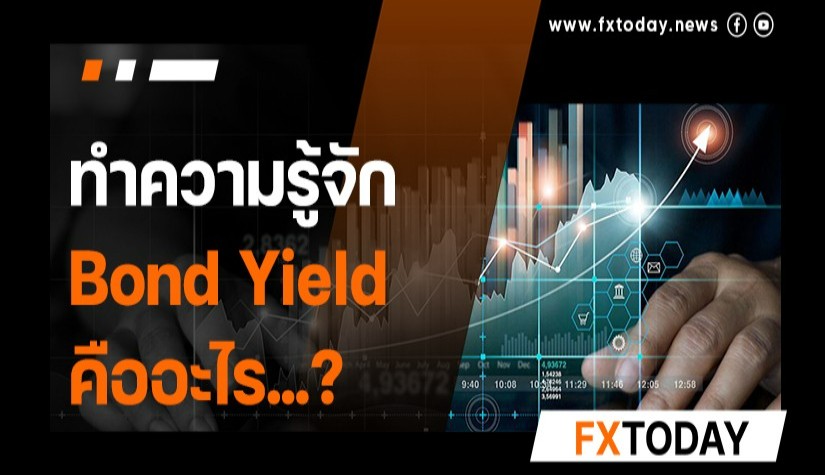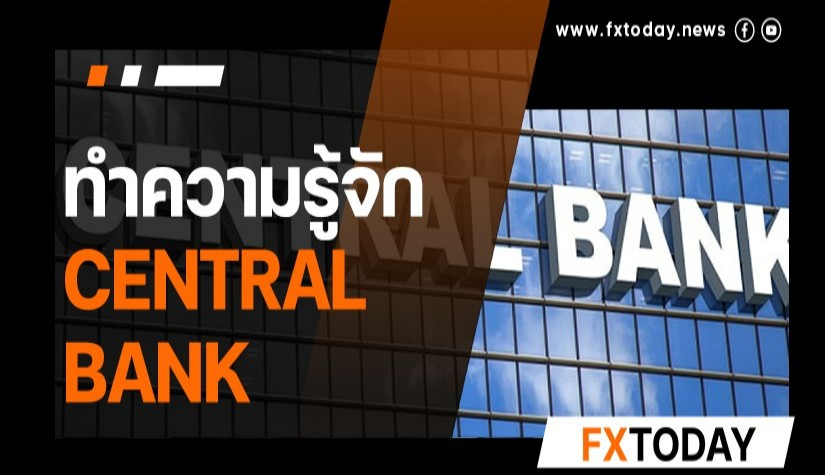European Equities Capped; Eyes on ECB, Fed Speeches
European stock markets experienced a slight upward movement on Monday, bolstered by a significant drop in German producer prices, despite China's less substantial rate cut. European shares managed to break a four-day losing streak, with the energy and mining sectors making gains in response to rising global commodity prices.
However, the rise in European equity was capped by increased yields in the euro area due to climbing benchmark U.S. 10-year Treasury yields, which hit 15-year highs. This was based on the anticipation that interest rates would remain elevated for a longer duration than initially expected. Meanwhile, China, a major consumer of metals and oil, implemented a smaller-than-anticipated rate cut of 10 basis points to stimulate credit demand, while also surprising markets by keeping its five-year rate unchanged.
In the realm of sectors, energy and mining experienced gains of 0.6% and 0.4% respectively, mirroring the upward trajectory of crude oil and metals prices. The healthcare index in Europe rose by 0.3%, driven by Novo Nordisk's 0.8% gain after Morgan Stanley increased its price target for the company. Major luxury brands LVMH and Kering rebounded by 0.9% and 1.2% respectively, ending a six-day decline prompted by concerns over China's demand prospects. German automotive supplier Continental surged by 5.9%, propelling it to the top of the STOXX 600 index, following reports of a potential corporate restructuring involving asset sales, which also contributed to a 1.1% rise in the automobiles index.
However, European real estate stocks experienced a significant decline of 2%, marking the steepest drop among sector indexes. Germany's DAX index rose by 0.2%, despite official data indicating a greater-than-expected decline in German producer prices in July. The Bundesbank's monthly economic report suggested that while underlying inflation might have peaked, the reduction in price pressures was occurring at a sluggish pace, raising the risk of inflation remaining above 2%.
Germany faced an unexpected decline in producer prices, the first annual drop in over two and a half years, indicating decreased inflation pressure. Concurrently, the nation's real estate sector grappled with challenges, such as a substantial decline in building permits for apartments due to high construction costs and financing difficulties in the first half of the year.
This dual setback of falling producer prices and a struggling real estate industry poses a significant obstacle to the broader economic growth of the eurozone, potentially edging it toward recession. German Economy Minister Robert Habeck proposed tightening regulations on foreign investments to bolster economic security, seeking to diminish dependence on China amid concerns about strategic reliance and supply chain disruptions in the Indo-Pacific region.
However, the European Central Bank's chief economist, Philip Lane, asserted that the euro zone economy would continue to grow in the coming years and was unlikely to undergo a severe or sustained recession. Despite the recent stagnation in the economy of the 20-nation bloc that shares the euro, Lane argued that growth would receive a boost as the economy caught up with its pre-pandemic trend. He also noted that the decrease in energy prices resulting from Russia's conflict in Ukraine would eventually lead to increased disposable income for households.
The European Central Bank's next steps were eagerly anticipated, with ECB President Christine Lagarde's upcoming speech at the Jackson Hole Symposium expected to provide insights into the bank's future moves. Similarly, investors awaited Federal Reserve Chair Jerome Powell's speech, which would shed light on the economic outlook and potential interest rate changes.
Data for Technical Analysis (1H) CFD EU50 (Euro Stoxx 50 Futures - Sep 23)
Resistance : 4257, 4259, 4263
Support : 4249, 4247, 4243
1H Outlook
Source: Investing.com
Buy/Long 1 If the support at the price range 4246 – 4249 is touched, but the support at 4249 cannot be broken, the TP may be set around 4258 and the SL around 4243, or up to the risk appetite.
Buy/Long 2 If the resistance can be broken at the price range of 4257 – 4260, TP may be set around 4268 and SL around 4246, or up to the risk appetite.
Sell/Short 1 If the resistance at the price range 4257 – 4260 is touched, but the resistance at 4257 cannot be broken, the TP may be set around 4248 and the SL around 4263, or up to the risk appetite.
Sell/Short 2 If the support can be broken at the price range of 4246 – 4249, TP may be set around 4238 and SL around 4260, or up to the risk appetite.
Pivot Points Aug 22, 2023 02:43AM GMT
| Name | S3 | S2 | S1 | Pivot Points | R1 | R2 | R3 |
|---|---|---|---|---|---|---|---|
| Classic | 4238 | 4243 | 4248 | 4253 | 4258 | 4263 | 4268 |
| Fibonacci | 4243 | 4247 | 4249 | 4253 | 4257 | 4259 | 4263 |
| Camarilla | 4251 | 4252 | 4253 | 4253 | 4255 | 4256 | 4257 |
| Woodie's | 4240 | 4244 | 4250 | 4254 | 4260 | 4264 | 4270 |
| DeMark's | - | - | 4251 | 4254 | 4261 | - | - |
Sources: Investing 1, Investing 2
Maximize your knowledge: Blog

